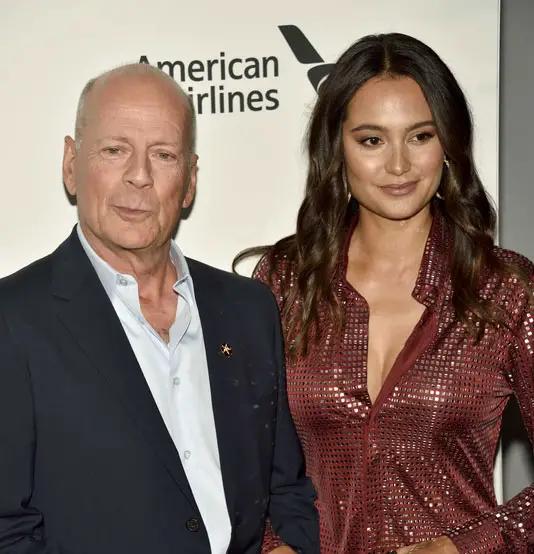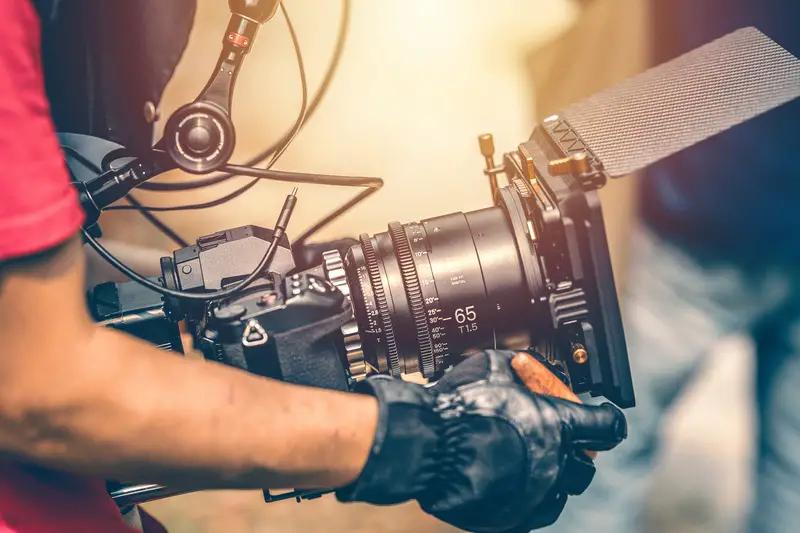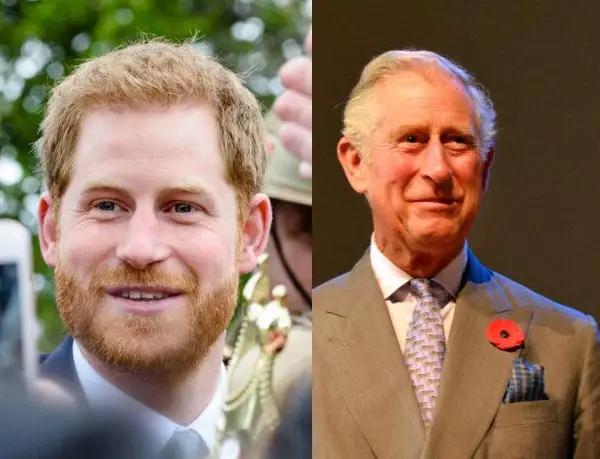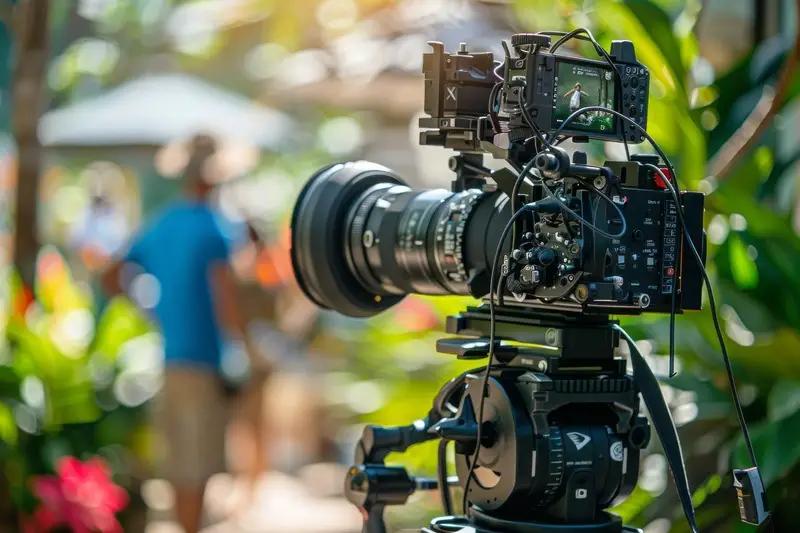Randy Boone, the actor and musician who portrayed the guitar-playing ranch hand Randy Benton on the long-running NBC western series “The Virginian,” died Thursday, August 28, 2025. He was 83 years old.
Boone’s wife, Lana, confirmed his death to The Hollywood Reporter but declined to provide additional details about the circumstances.
Born Clyde Wilson Randall Boone Jr. on January 17, 1942, in Fayetteville, North Carolina, Boone became known for bringing his musical talents to television westerns. He graduated from Fayetteville Senior High School in 1960 and briefly attended North Carolina State College in Raleigh, where he played guitar at house parties and rarely attended classes.
After leaving college, Boone traveled across the country for 18 months with his guitar before settling in Los Angeles in 1962. His break came when a friend told him a television producer was seeking a young man to play a folk-singing college student. He auditioned and was hired for the NBC comedy-drama “It’s a Man’s World,” where he played Vern Hodges alongside future “That Girl” star Ted Bessell and Glenn Corbett.
The show, which featured three young men living on a houseboat on the Ohio River, was canceled after just four months despite critical acclaim. Boone and Bessell embarked on a nationwide campaign to save the series, but their efforts proved unsuccessful.
Recognizing the importance of horsemanship in television westerns, Boone purchased a horse named Clyde and became an expert rider. This skill, combined with his existing contract with Universal Studios, led producer Frank Price to cast him on “The Virginian.”
Boone joined “The Virginian” cast in February 1964 during the show’s second season, appearing in the episode “First to Thine Own Self.” His character, a drifter who protects a young girl whose father had been murdered, finds a home at Shiloh Ranch and develops a friendship with Betsy Garth, played by Roberta Shore. He remained with the series for 46 episodes through April 1966, working alongside stars James Drury and Doug McClure.
The actor negotiated an arrangement with Universal allowing the studio to use his horse Clyde free of charge in exchange for boarding the animal at the studio. Boone noted that since Clyde wasn’t a Hollywood-trained horse, he behaved naturally on camera, which generated fan mail commenting on how the horse didn’t stand perfectly still like typical movie horses.
During his tenure on “The Virginian,” Boone wrote and performed many of his own songs. He explained that he wanted to “feel like I’m putting something special into the work.” Although he signed away the rights to these compositions, he was surprised and pleased to receive royalties years later. He and Shore were featured on a 1965 Decca album titled “The Singing Stars of The Virginian,” and Boone subsequently released a solo album called “Ramblin Randy.”
Boone’s departure from “The Virginian” came after producer Price decided to make cast changes. Boone later revealed that he was told Price considered him “window dressing and wasn’t needed on the show,” though the actor felt he was as essential as any other cast member.
Following his time on “The Virginian,” Boone starred as deputy U.S. marshal and aspiring reporter Francis Wilde on the CBS western “Cimarron Strip” from 1967 to 1968, appearing alongside Stuart Whitman. The series lasted only one season.
Throughout his television career, Boone made guest appearances on numerous popular series including “The Alfred Hitchcock Hour,” “Wagon Train,” “Bonanza,” “The Fugitive,” “Combat!,” “Hondo,” “Emergency!,” “Kolchak: The Night Stalker,” “Kung Fu,” “Gunsmoke,” and “Highway to Heaven.” One of his most memorable television appearances was in the 1963 “Twilight Zone” episode “The 7th Is Made Up of Phantoms,” where he played one of three National Guardsmen mysteriously transported back in time to participate in the Battle of the Little Bighorn alongside Warren Oates and Ron Foster.
Boone’s film credits included “Country Boy” (1966), “Terminal Island” (1973), “Dr. Minx” (1975), and “The Wild Pair” (1987). He left the entertainment industry in the late 1980s and transitioned to construction work, where he remained until his retirement.







